50 years of Swiss mistrust of Europe
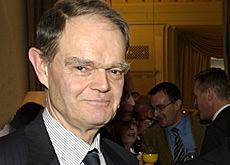
Max Petitpierre was Swiss foreign minister when the Treaty of Rome was signed on March 25, 1957. His son, Gilles, talks to swissinfo about Swiss-EU relations.
Gilles Petitpierre, himself a former parliamentarian, says Switzerland’s view of Europe always has and most probably always will be one of mistrust.
The Treaty of Rome established the European Economic Community (EEC) and laid the foundations for the European Union, which was much expanded by later treaties including the Maastricht agreement of 1992, which paved the way for a common currency and central bank.
On Saturday, 27 presidents and prime ministers gathered in Berlin for a concert by the Berlin Philharmonic and a banquet. A summit followed on Sunday under Germany’s six-month leadership of the Union.
swissinfo: When the Treaty of Rome was signed, your father was “head of the political department” as it was called. His brother-in-law was Denis de Rougement [a Swiss literary writer]. Did they have the same vision for Europe?
Gilles Petitpierre: I think they were in complete agreement on the need for a European body. The big difference was that my uncle was able to think, speak and write freely, whereas my father was in charge of Swiss foreign policy. And even if he didn’t like [not being able to speak freely], he used to say that in a country where all important decisions go to a popular vote “foreign policy is subordinate to the demands of domestic policy”.
And despite some opinions in the Swiss political and business world, he knew Switzerland’s joining the EEC at that time was simply inconceivable.
swissinfo: Some people were in favour of joining the EEC?
G.P.: Yes, but it was very much a minority view. These people thought our neutrality had had its day and that we could abandon it.
In a world split into two blocs, the neutrality espoused and defended by my father was hard to assume regarding the Soviet Union and its satellites, because we were in the West. Entering a “common market” would have clearly meant abandoning this neutrality.
Also, most people at all levels still thought that neutrality had saved Switzerland during the Second World War. Although my father didn’t share that conviction, he knew it wasn’t worth trying to change it.
swissinfo: Did this first step towards building Europe generate much enthusiasm among young people?
G.P.: Yes, although young people – at least the ones I hung around with – were more preoccupied with the Algerian War of Independence and with colonial wars in general.
We had just had the Suez Crisis and we didn’t agree with what the French, the British and the Israelis had done over there [they had planned to invade the Sinai Peninsula in order to keep control of the Suez Canal]. That seemed to us to be more important than the construction of a European body. I mean, we did want Europe, but it remained something that was very abstract.
swissinfo: What do you say to people who say that Europe today has broken down?
G.P.: It’s obvious that there’s no longer the impetus that there was back in 1957, and it’s also true that there’s a lack of big personalities – I think [former German Chancellor] Helmut Kohl was the most recent. We’re waiting to see what [current German Chancellor] Angela Merkel will do…
But to go from that to saying Europe has broken down – I just don’t make that jump. Just because there are occasionally slow periods, stops or difficulties doesn’t mean Europe no longer exists. Going so quickly from 15 members to 27 was quite something. For a vehicle that has supposedly broken down, the Union is making pretty good progress.
Having said that, people are sensitive to the general mood, which is largely created by the media. And if the media keep repeating that Europe collapsed after the rejection of the constitution [by France and the Netherlands in 2005], people end up believing it.
swissinfo: Nevertheless, in many countries nationalism appears to be dominant…
G.P.: Yes, the temptation exists to blame Brussels for anything that goes wrong. We saw that just a few weeks ago when President Chirac was fighting to defend French agriculture against the EU. Currently this fallback attitude is dominant in the part of Europe that has already been built.
On the other hand I believe things will be different for the countries from the East. For them Europe is a concept which does not limit itself to the economy or a sense of well-being. Having been shut away behind the Iron Curtain, belonging to Europe is very important for them.
swissinfo: Returning to Switzerland, it seems that the Swiss attitude towards Europe has hardly changed in 50 years. Will it soon be ready to join?
G.P.: It’s impossible to predict. Personally I’m in favour of joining as soon as possible, but I recognise that at present that’s impossible.
If the feeling at home – that Switzerland is better off going it alone – continues, and if Europe makes big mistakes or tries to make us march in line (something the Swiss can’t stand), then [joining] could take years.
However, the situation has changed completely since 1957. The eastern bloc no longer exists and other neutral countries such as Sweden, Finland and Austria have entered Europe without any problem whatsoever. But a majority of Swiss probably still clasp to the cult, to the mythology of neutrality.
My father didn’t share this view and at the end of his life [he died in 1994] he was still in favour of joining Europe. But his view remains topical: our problem with Europe is essentially a problem of domestic policy – it’s not a problem of foreign policy.
swissinfo-interview: Marc-André Miserez
Gilles Petitpierre, born January 22, 1940, is the son of Max Petitpierre, Swiss foreign minister from 1945-1961.
He is also the nephew of Denis de Rougement, a Swiss author, philosopher and champion of a regional Europe.
Gilles Petitpierre is a professor of law and has been a parliamentarian in both the Senate and the House of Representatives. He also had a seat at the Council of Europe’s parliamentary assembly.
1948: Switzerland joins the future Organisation for Economic Cooperation and Development, which was set up to administer the Marshall Plan for the reconstruction of Europe.
1949: Creation of the Council of Europe for the promotion of democracy and human rights on the continent. Switzerland reckoned its neutrality blocked it from joining. The Swiss didn’t take that step until 1963.
1960: On Britain’s initiative, nations that didn’t want to join the EEC (including Switzerland) founded the European Free Trade Association (Efta).
1972: Switzerland signs a free trade accord with the EEC.
1992: Bern lodges a request to join the European Union (still frozen today). The same year, the Swiss people chose not to participate in the European Economic Area (EEA), which brought together the European Union and Efta. However, the three other Efta countries – Liechtenstein, Iceland and Norway – did join the EEA.
1999 and 2004: Bern and Brussels sign two sets of bilateral accords on the opening of markets, security cooperation, asylum, the environment and culture.
Today: Swiss membership of the EU is not on the agenda. For that to happen, there would have to be a nationwide vote and opinion is overwhelmingly against.

In compliance with the JTI standards
More: SWI swissinfo.ch certified by the Journalism Trust Initiative
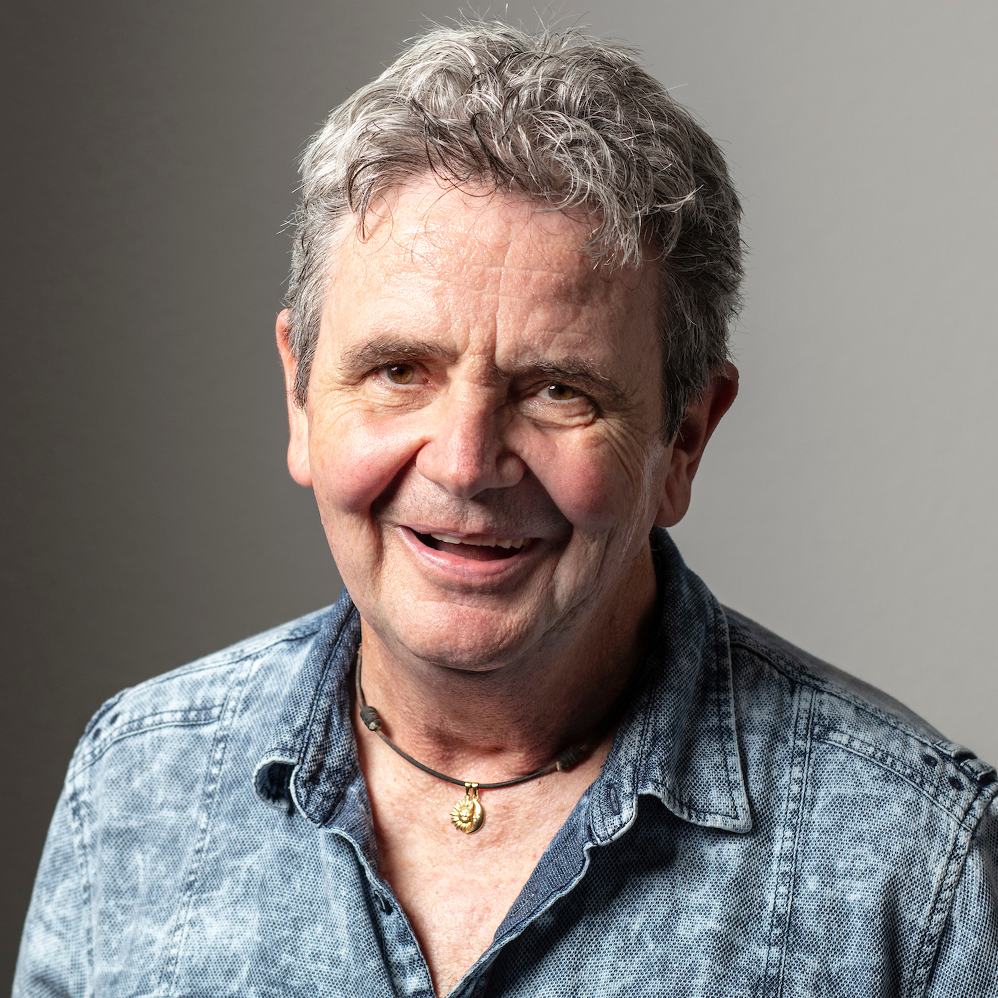
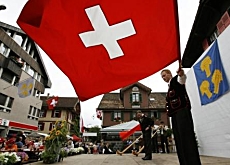
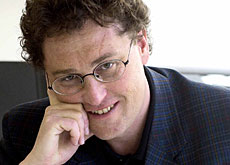
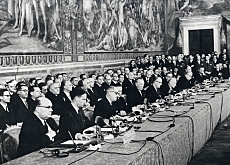
You can find an overview of ongoing debates with our journalists here. Please join us!
If you want to start a conversation about a topic raised in this article or want to report factual errors, email us at english@swissinfo.ch.